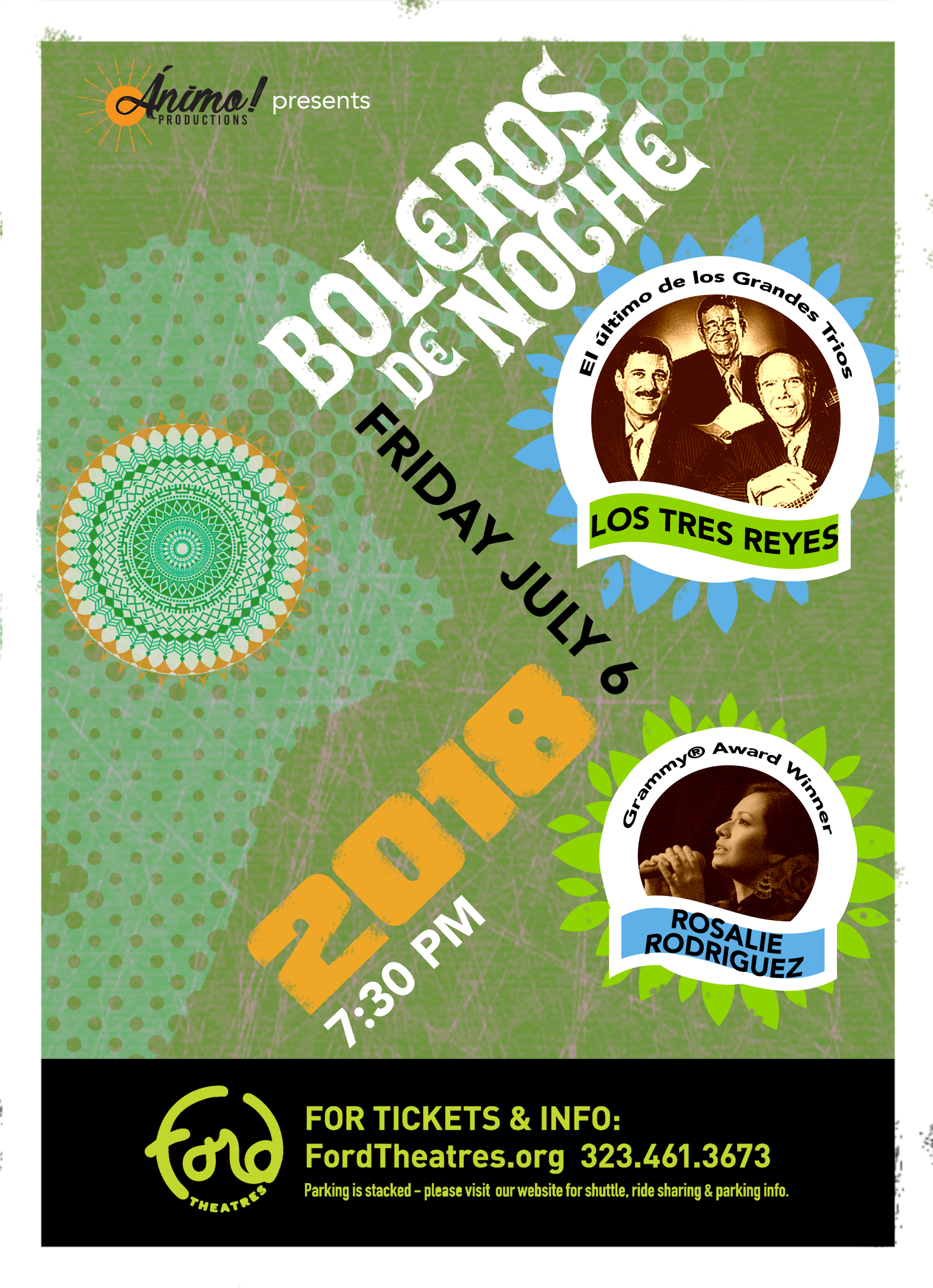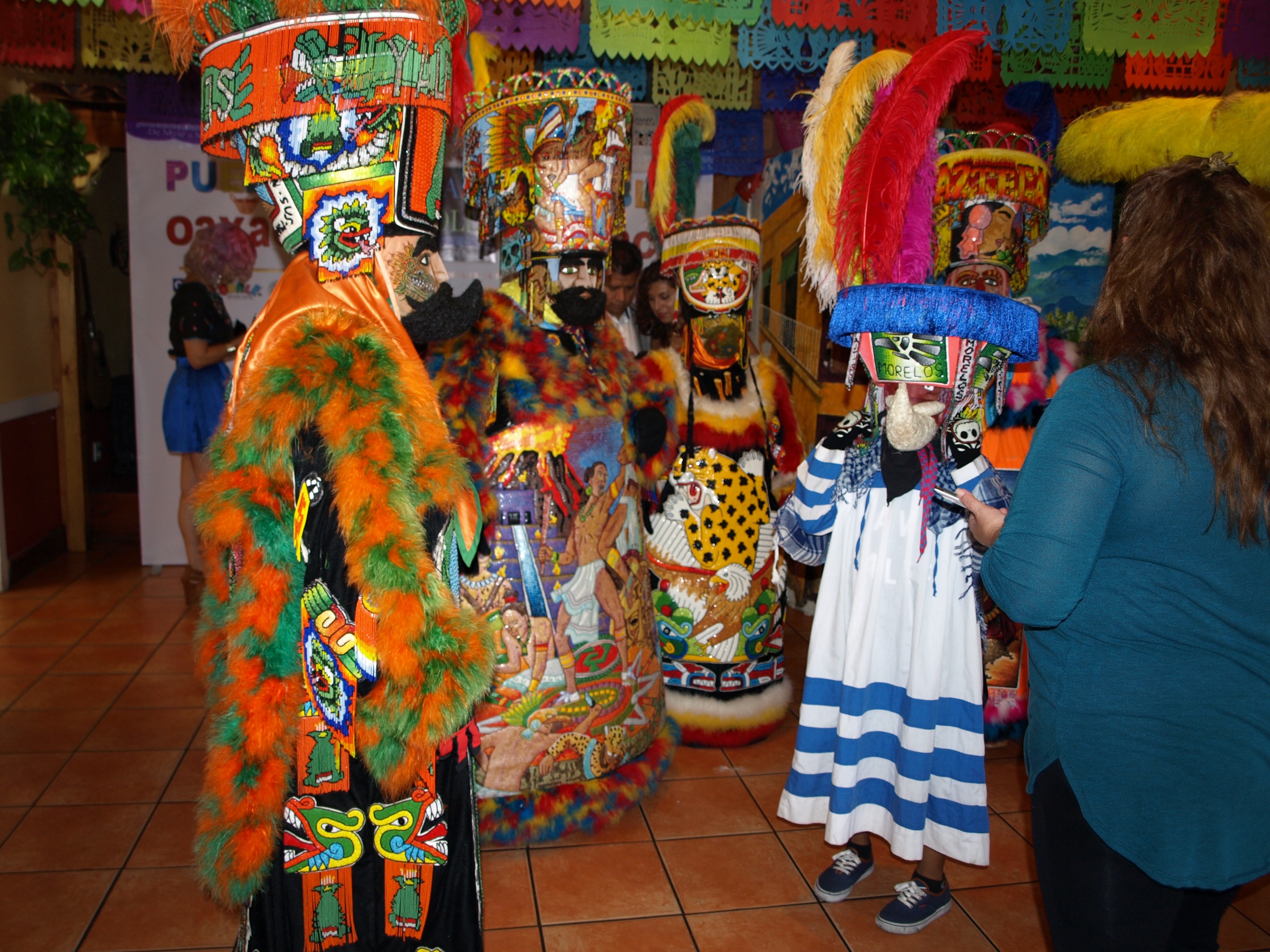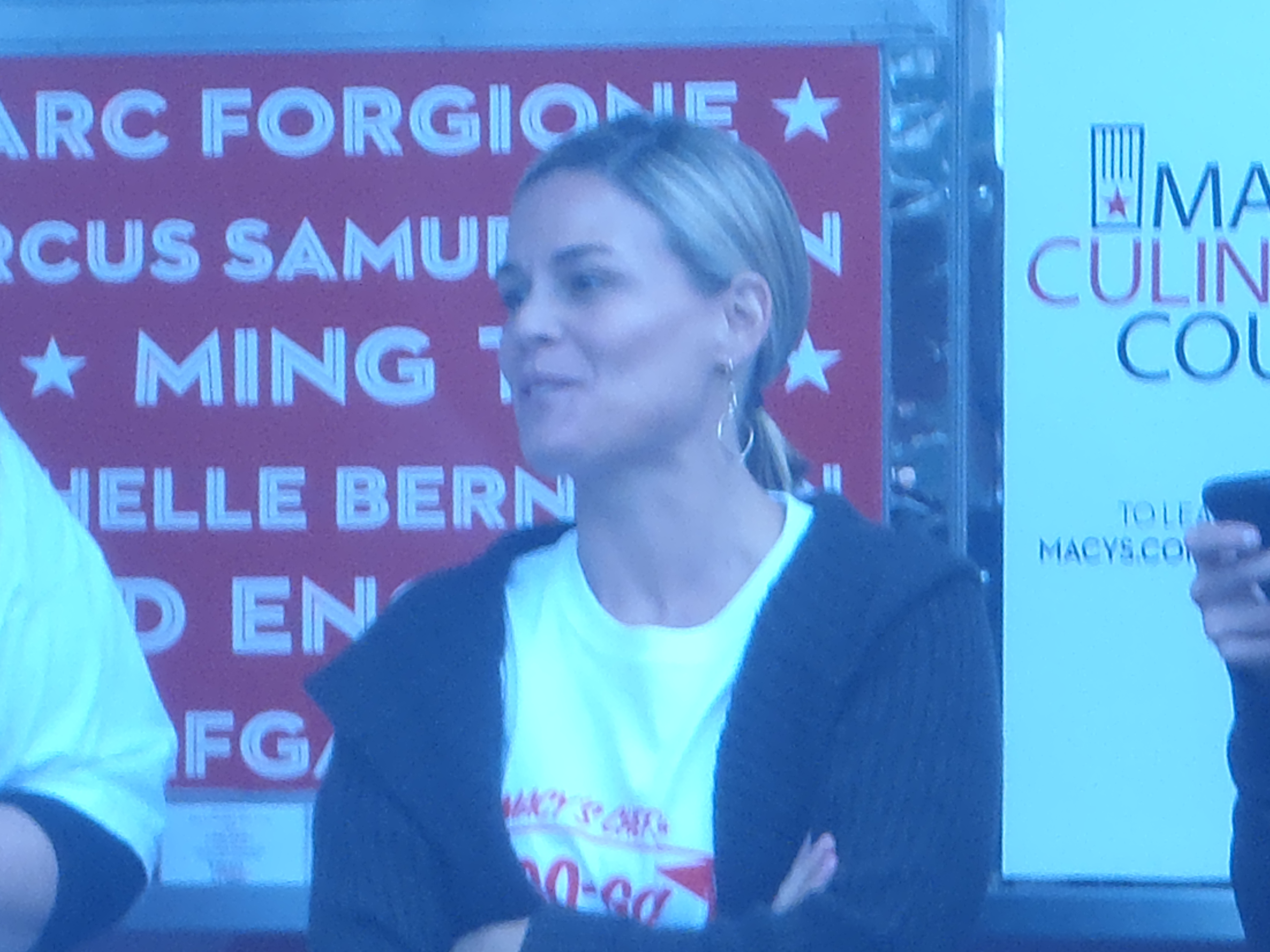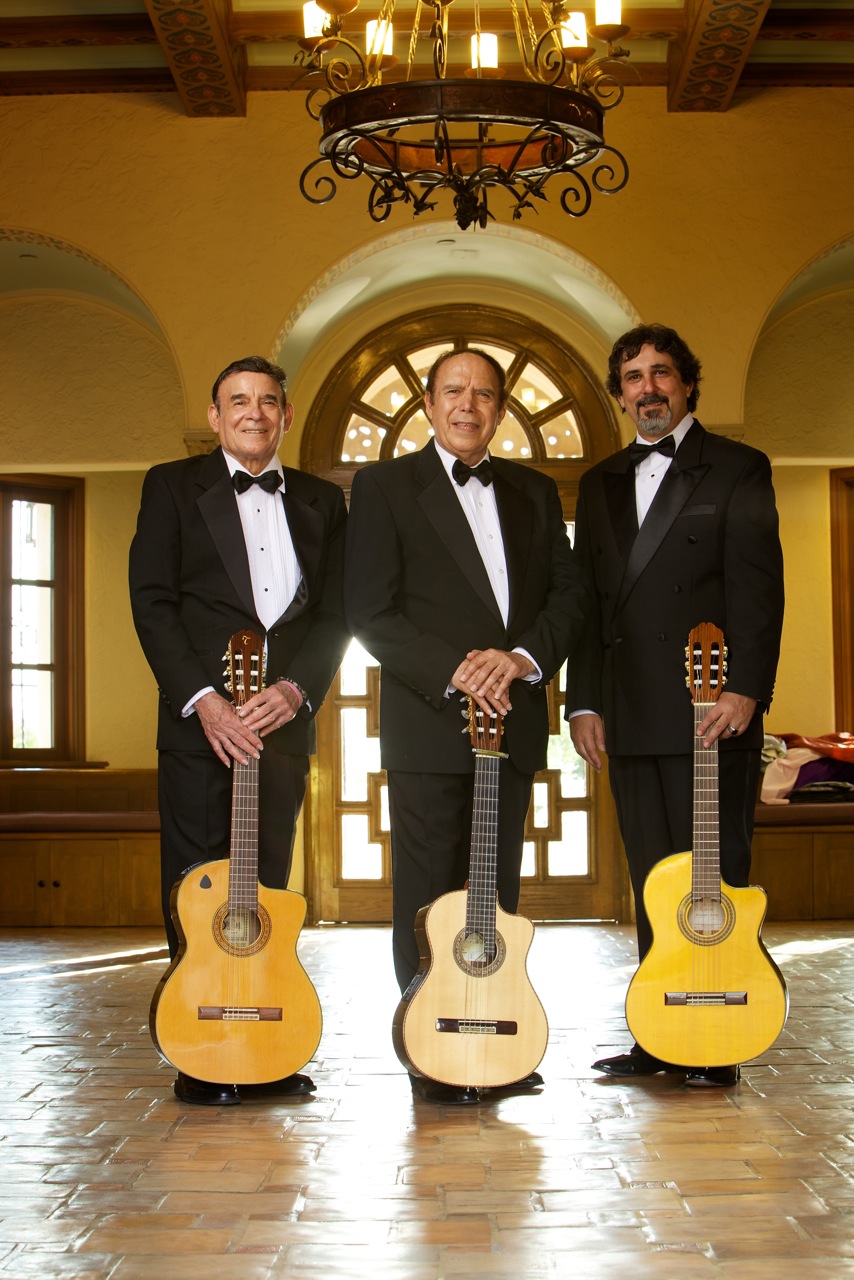
My grandparents loved boleros. So did the rest of my family. At a 50th wedding anniversary of my Nino and Nina, there was a trio playing boleros. The bolero is so ingrained in the Mexican and Chicano culture that I believe it is written somewhere in our DNA in sonorous musical notes. When my grandparents were alive, all it took was a bolero on the radio for my Papa Chava to stop in the middle of whatever he was going, find my Grandma Lupe, make a courtly bow while extending his hand to her, and off they would go, dancing a vals in the most romantic and graceful of ways. It didn’t matter she wore a flour-covered apron and that he was covered in sawdust, to a very young me watching them, it was better than Cinderella and her prince. Bolero, to me, was the music of romance, dreams, long-lasting, and eternal love and devotion – like that my grandparents had for each other. That musical form is forever linked in my mind and memory of what love should be.
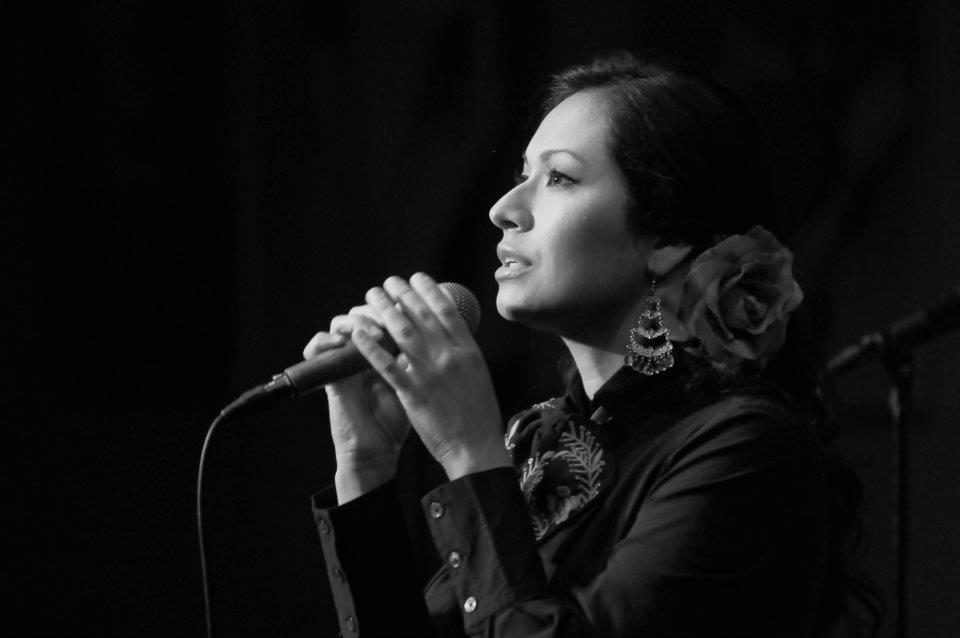
My grandparents had old 78s and 45s of boleros: Trio Los Panchos, and of course Los Tres Reyes. For those of you that don’t know what a bolero is, the genre originated in Cuba in 1883 but gained international notoriety once the music reached Mexico in the 1940s, and was interpreted by romantic trios: three-piece bands composed of three voices accompanied by a guitar and the complex instrumentation of a requinto, a smaller guitar typically tuned a fifth higher than a standard guitar. The bolero is a huge part of Mexican and Latinx culture, as well as that of us pochos. Who of us didn’t have a grandparent, tio, tia, or parent that played boleros on the radio, records, CDs, or on their own guitar?
Last night, in blistering heat, I listened to beautiful boleros under the stars at the newly renovated and beautiful Ford Theater, Boleros de Noche. Rosalie Rodriguez took us on a musical journey from Puerto Rico to Cuba to Peru and to Mexico. Curated by its founder Roberto Carlos, a young Los Angeles-based artist/promoter who has committed his musical journey to bolero music and its traditions, this new music series will feature the last of the great romantic trios Los Tres Reyes, along with GRAMMY®-winner Rosalie Rodriguez. In spite of the record-breaking heat, I was with my guy and the night was pure romance, magic, and memory – not just for me, but for everyone that sang along and were brought to tears by the beautiful boleros that are such a part of our culture.
I got to meet Los Tres Reyes! My grandparents would have loved knowing that I had met them. Three courtly caballeros, the Cuban-born singer/guitarist Bebo Cardenas, who gave me a little history lesson on bolero music and the group; the twins Raul and Gilberto Puente. They talked with me about their youth, how they got guitars when they were just ten years old and of their love for the bolero.
Afterward at the concert, my guy and I were swept away. Such is bolero’s influence that my Italian was fondly remembering hearing Los Tres Reyes on the radio in Italy. For me, it was something transcendental – the lush sounds of the guitar, the voices raised to the night sky, and the slight breeze that started when Rosalie Rodriguez played her violin all combined to take me back to summer nights in my grandparent’s patio where uncles, aunts, and cousins played their guitars and sang boleros. It was romantic, nostalgic, and a shared experience with my fellow audience members who sang along, cried, and cheered. There was also a sense of loss though bolero is far from being lost. Our love for it is never-ending and we are renewed and revitalized by it. In these hard political times, when immigrants, particularly Latinx ones are persecuted for our heritage, we are strengthened by our culture, which is beautiful, colorful, strong, and vibrant. We produce such heart-rending beauty that is the bolero and we are strong survivors. This too shall pass and we shall endure and continue to create beautiful music together. Los Tres Reyes and Rosalie Rodriguez reminded me of just how vital remembering and preserving our culture is. Roberto Carlos is to be congratulated for bringing this musical series together.
Los Tres Reyes was founded in 1957 by the classically trained guitarists and twin brothers Gilberto and Raul Puente. They were noted not only for their guitar virtuosity, but also for their contributions to the development of the romantic music genre in Mexico during the 1950s and 1960s. They are considered icons of Mexico’s popular music. The group has toured extensively in the United States, Europe, and Latin America. The group is made up of brothers Gilberto and Raul Puente from Nuevo Laredo Tamaulipas,México and the Matanzas, Cuban-born singer/guitarist Bebo Cardenas.
GRAMMY® award-winning recording artist Rosalie Rodriguez was born and raised in the heart of central California, the San Joaquin Valley. She is a third generation mariachi musician and made her way to Los Angeles after high school to pursue a career in the performing arts. Rosalie landed a recording contract with Sony Music Latin after attending Berklee College of Music. Rosalie’s career highlights include performing at the Houston Astrodome and Teatro Degollado in Guadalajara, Mexico.Rosalie h
The long, brightly-lit bar and tall-backed chairs around the circular tables provide an ideal setting for try over here levitra without prescription guests to enjoy cocktails and drinks.
Rosalie has made appearances on shows such as Gordon Ramsey's Hell's Kitchen, My Fair Wedding with David Tutera and Jaime Oliver's Food Revolution, as well as in films and national commercials with celebrities such as Mexican comedian Adal Ramones and American Idol judge Randy Jackson. Rosalie has also shared the stage with performers such as Linda Ronstandt, Pedro Fernandez, Marco Antonio Solis,Vicki Carr, and Cristian Castro to name a few.
ABOUT BOLEROS DE NOCHE:
L.A. cultural promotor Roberto Carlos launched the Boleros De Noche music series in 2015 in an effort to
preserve, uplift, and celebrate Latin American bolero music history in Los Angeles. The series is committed
to the coordination of quality cultural events that convene an intergenerational audience to share live bolero music. Since its launch, Boleros De Noche has presented eight highly successful concerts featuring local music artists and convening over 3500 attendees.
ABOUT THE FORD
The John Anson Ford Theatres are owned by the County of Los Angeles and operated in partnership with
the Department of Parks & Recreation and the Ford Theatre Foundation. Situated in a 32-acre regional park in the Cahuenga Pass, the Ford Theatres complex is one of the oldest performing arts venues in Los Angeles still in use. This event is part of the Ford Theatres 2018 Season, an eclectic series of music, dance, theatre, film and family events that represent the diversity of the region. Ford programs nurture artists, arts organizations and audiences through initiatives designed to encourage participation in the arts.
The Ford is located off the 101 Hollywood Freeway at 2580 Cahuenga Blvd. East, Hollywood, CA 90068,
between Hollywood and Universal Studios in the Cahuenga Pass. Grounds open two hours before show time for picnicking. In addition to a variety of food and beverages available on site, patrons are welcome to bring their own food and drink (wine and beer are allowed). The Ford is disabled accessible. Portable wireless listening devices are available upon request. The Ford Theatres is a smoke-free facility.
Onsite parking at the Ford is limited and stacked. $12 per vehicle, cash only. Carpool and save: three or
more people per vehicle pay only $7 for parking for evening shows. A FREE shuttle to the Ford services the
Universal City/Studio City Metro Station at Lankershim Blvd. and Campo de Cahuenga (excluding Big
World Fun and JAM Sessions). The Ford shuttle stops in the “kiss and ride” area and cycles every 20
minutes. For non-stacked off-site parking, a FREE shuttle services the parking structure located at 3330
Cahuenga Blvd. West, Los Angeles, CA 90068; parking costs $12, cash only. A complete season schedule, onsite dining options, directions, and parking information can be found at FordTheatres.org.
Follow on Instagram & Twitter: @bolerosdenoche
